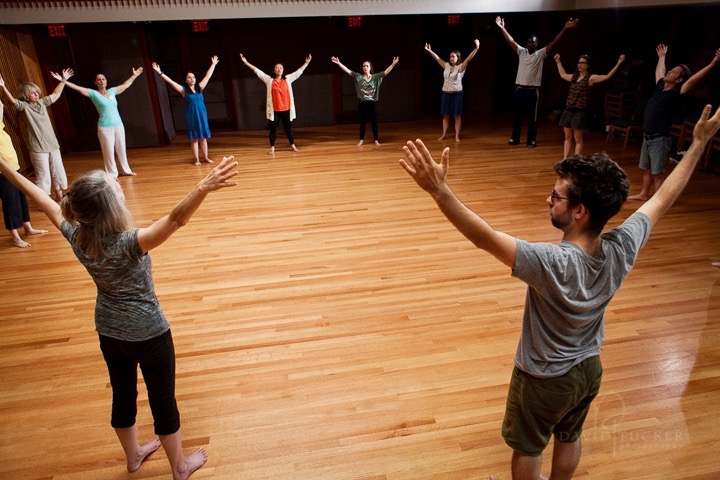
Undoing Racism, May 2021
I am writing this the day after President Biden’s first address to Congress, where he stood, for the first time in US history, in front of two women leaders of the house: Speaker Nancy Pelosi and Vice President Kamala Harris. I am heartened that President Biden is diversifying leadership in the government, and that his proposed policies aim to take some steps to address the gross inequality that is hurting this country!
We haven’t talked much about politics in our monthly online discussions, but what we are hearing from our president affirms that perhaps these conversations might really make a difference. This is my cup-half-full viewpoint today.
I perceive things shifting around me – many white folks are looking at white supremacy, racism, and privilege, and becoming aware of the nuances involved. I was talking with an old friend (also white, female, upper-middle class) about our anti-racism efforts and we compared notes. We talked about one of the “characteristics of white supremacy culture” (from an article I spoke of in my previous blog), which we call “perfectionism.” She told me that an African American colleague of hers confronted her about her obsession with constantly fixing things around the edges. Her colleague said it was “the white girl in you” who had that obsession.
On face value, striving to do the best we can do is a good thing. Stereotyping one group as less perfectionistic than another could imply that the more perfectionist group is somehow superior. But that is not what I take perfectionism to mean in this context. In white supremacy culture, perfectionism is an attitude that maintains a belief in the hierarchy. Even though it is ultimately impossible to achieve perfection, this attitude allows those who are striving for perfection to believe that they are, or at least could be, a member of the elite, the “better-than.” That is, if we just keep at it. Get more degrees, maybe.
For those who identify with Eurocentric values, recognizing their own perfectionism could help them decenter their value system and allow for the possibility that there are other ways of being in the world, other ways of being in relation to another than to compete with, and compare oneself to them. In a country where the playing field has not been level for many citizens, perfectionism reveals incredible insensitivity to the struggles faced by those less fortunate, less privileged. Respecting others’ differences means letting go of the notion that Eurocentric ideals hold some special place in the universe.
Perfectionism runs through the entire field of European/Western classical music education, especially in terms of performance. It is challenging for us musicians and teachers to talk about this topic. I brought it up with a colleague, using a different term, “mastery,” and she shot back: “Don’t knock mastery!” Of course not. I get that. But I think we musicians and music teachers need to think more deeply about this problem and how it may be hurting our relationships with our colleagues and our students, regardless of ethnic differences. Perfectionism shows up in the rigidly high standards critical musicians expect themselves and others to meet; in the way critical teachers sink their teeth into their students’ errors.
In our April discussion, participants shared thoughts gleaned from different readings: Ruth King, “Mindful of Race,” Michael Levin’s Why Race Matters, Ta-Nehisi Coates’ Between The World and Me, plus author and social activist bell hooks’s thoughts on Critical Pedagogy, and Toni Morrison’s forward to an edition of Adventures of Huckleberry Finn, among others. We heard testimony of personal experiences with racism and discrimination, and were awakened to our own assumptions of “whiteness” based on overt skin color. Not everyone who looks white is white or is of European ancestry.
Selma Odom shared her research into diverse Dalcroze teachers who many of us have never heard of, like Charity Bailey who had a weekly TV show for children in NYC. And we began to talk about the existing diversity in our organization and ways that we can pay closer attention to the different cultures already among us in the Dalcroze world – Canadian, Native American, Latino, Japanese, Taiwanese, Chinese, Australian, Singaporean, and others.
There are moments when I think that we, as a culture, cannot make the changes necessary to undo racism. But the little moments of clarity, healing and hope are so welcomed.
We plan to keep meeting on the last Sunday of each month, 10-11 am EST. All are welcome.